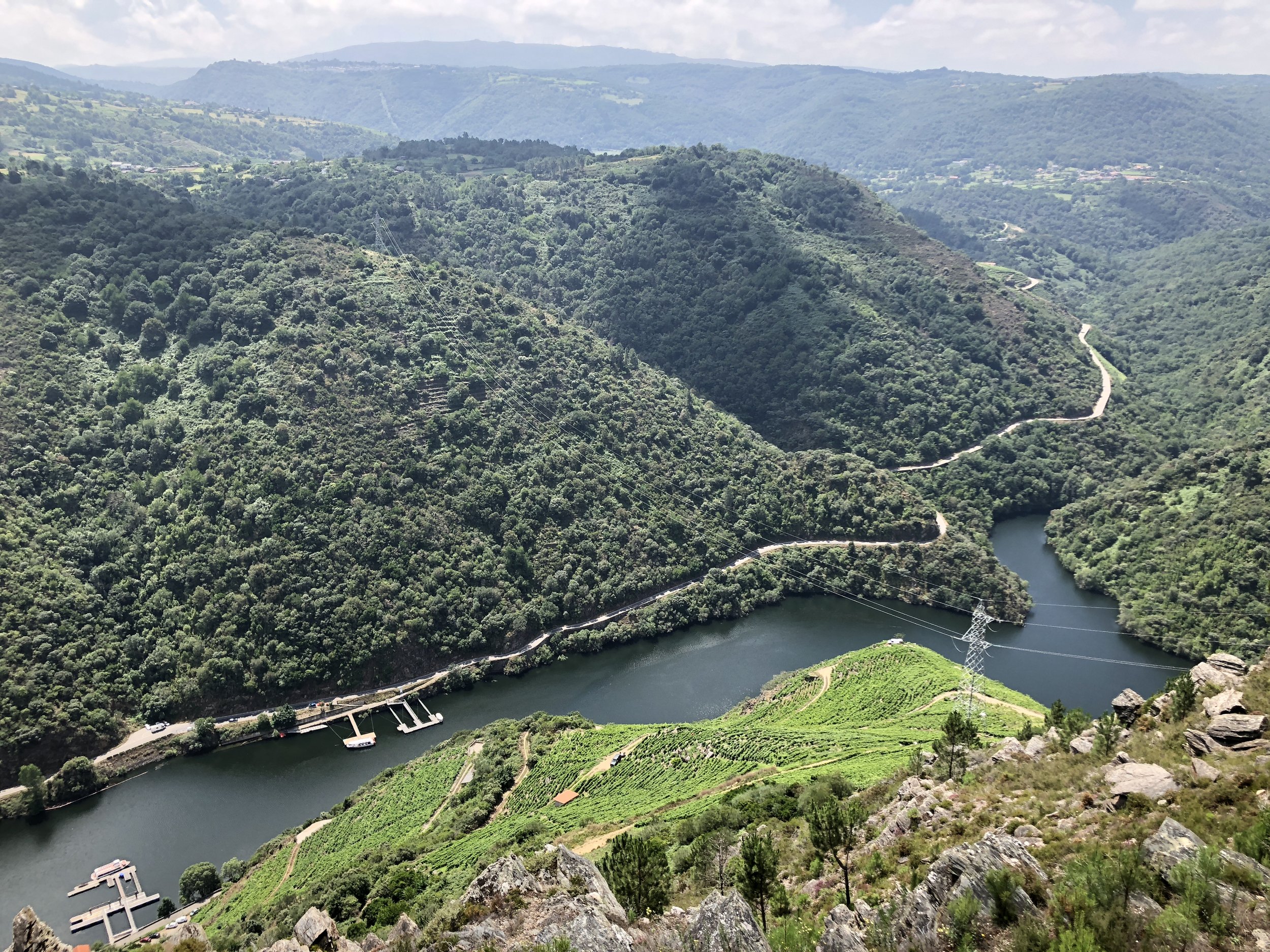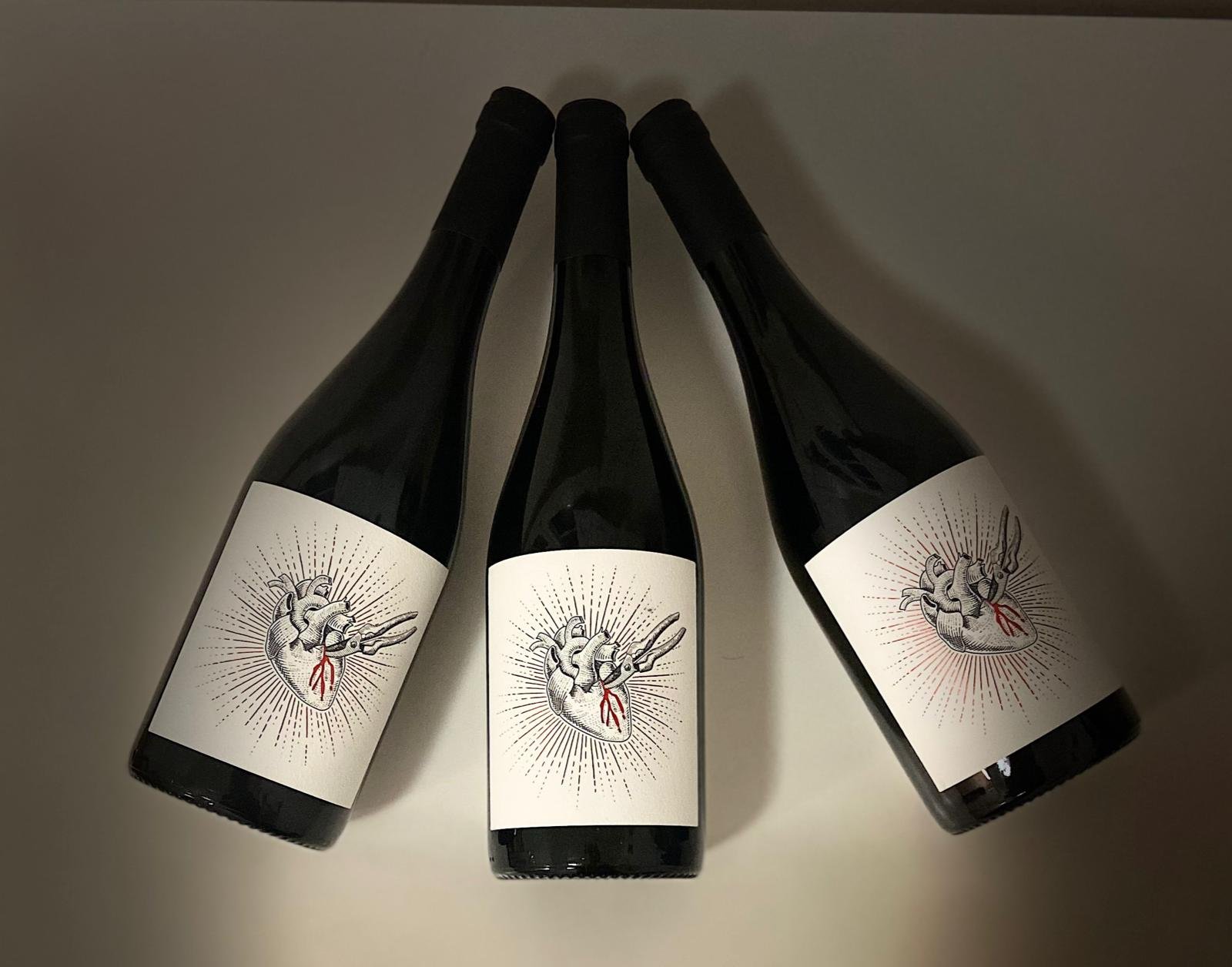
ADAMARE
Adamare is a tiny project in the Ribeira Sacra led by Victor, Javi and Iago - three young men whose path in life is defined by their commitment to preserving the rural traditions of their ancestors. They were born and raised in Quiroga, a village where the principal economic activities have historically been grape farming, animal husbandry and coal mining. Of the three, coal mining was the most lucrative by far. However, the improving economics of renewable energy along with EU legislation calling for the suspension of Member States' subsidies for non-competitive mines have led to the near-total elimination of the sector in Spain. Employment numbers went from as high as 50,000 in the 1990s to 3,700 in 2012 to effectively zero today.
The decline of the mining industry has been the primary factor in a pattern of rural exodus which has hit the northwest of Spain particularly hard. As it relates to the wine industry, this migratory pattern has contributed to the abandonment of vineyards. Older generations eventually become unable to do the hard physical work of grape farming as the younger generations who would inherit the land leave their villages for larger towns and cities in search of economic opportunity.
Victor, Javi and Iago, though from different families, all experienced a very strong connection to their grandparents during their childhoods. They cite this as the main factor in their decision to stay in the Ribeira Sacra and attempt to make their living from agriculture. Indeed, the latin word adamare means to love something vehemently or deliriously - a fitting description for their attitude towards the place of their birth. In addition to wine, they also produce honey and olive oil, which they sell predominately in the local market.
Adamare comes from a single vineyard called Penadoso in the village of Friamonde which is located on the west bank of the Miño River in the Ribeira Sacra's Chantada sub-region. Of the five sub-regions in the appellation, Chantada is the rainiest and most Atlantic-influenced. The vineyard is a southeast-facing slope planted mostly to Mencía with a small complement of Garnacha Tintorera (Alicante Bouschet). The soil is predominately black slate flecked with quartzite.
WINES AVAILABLE




